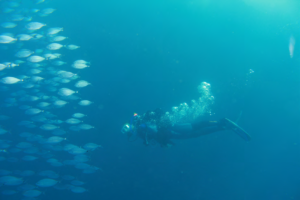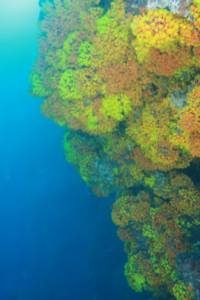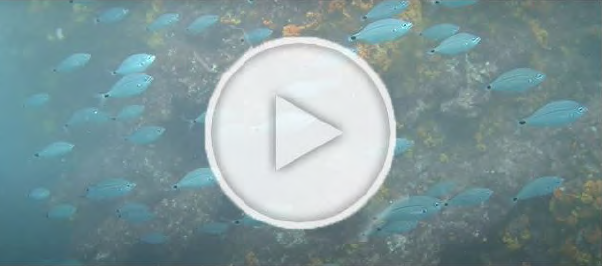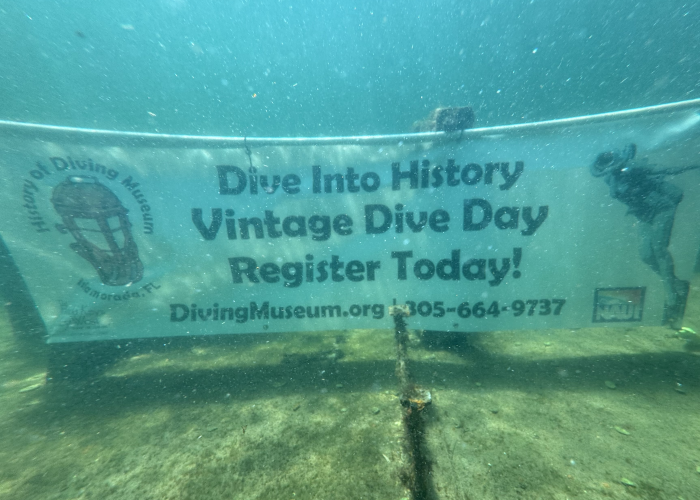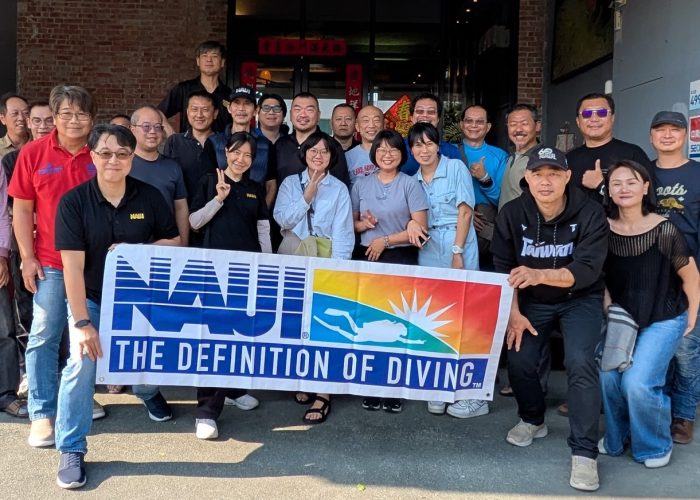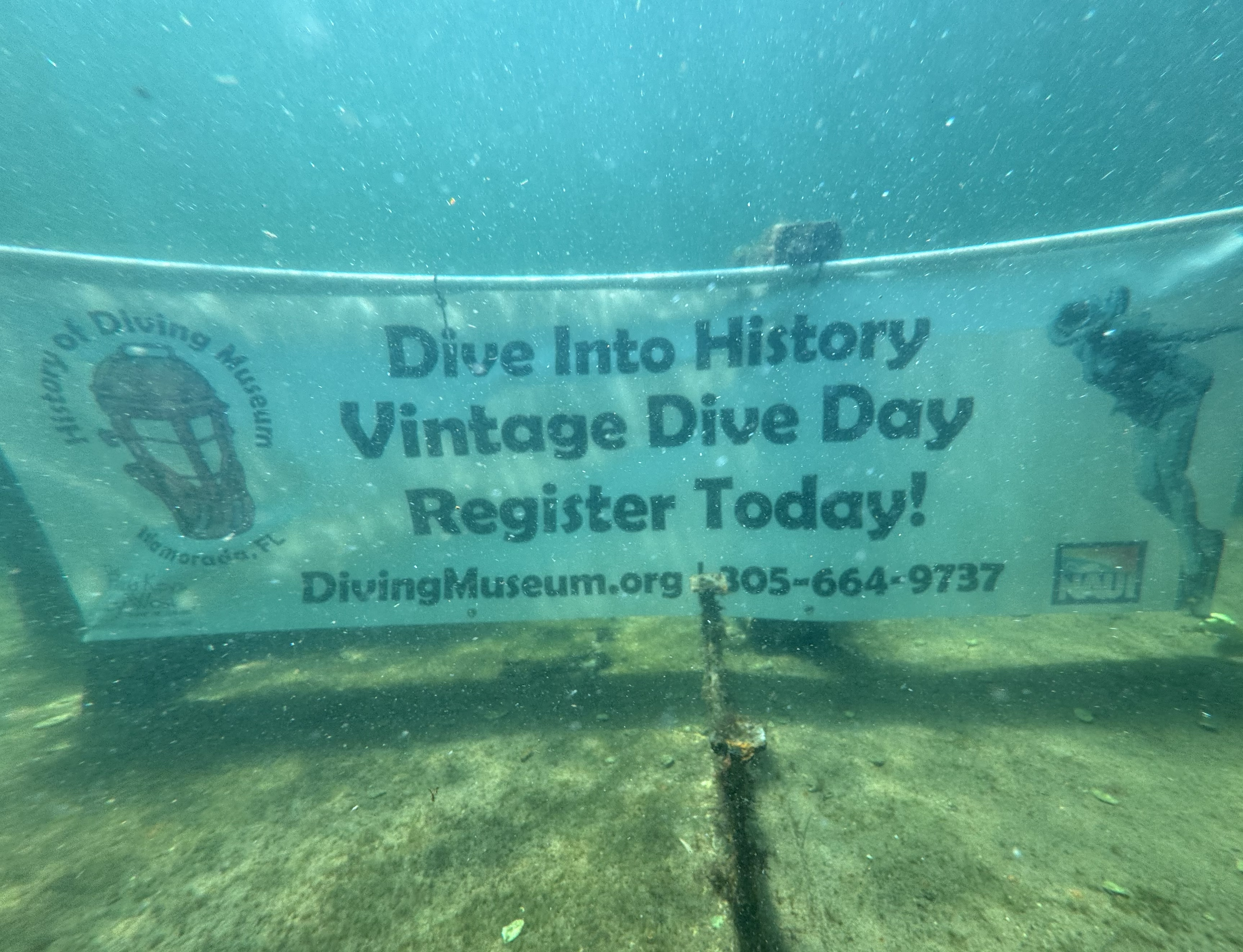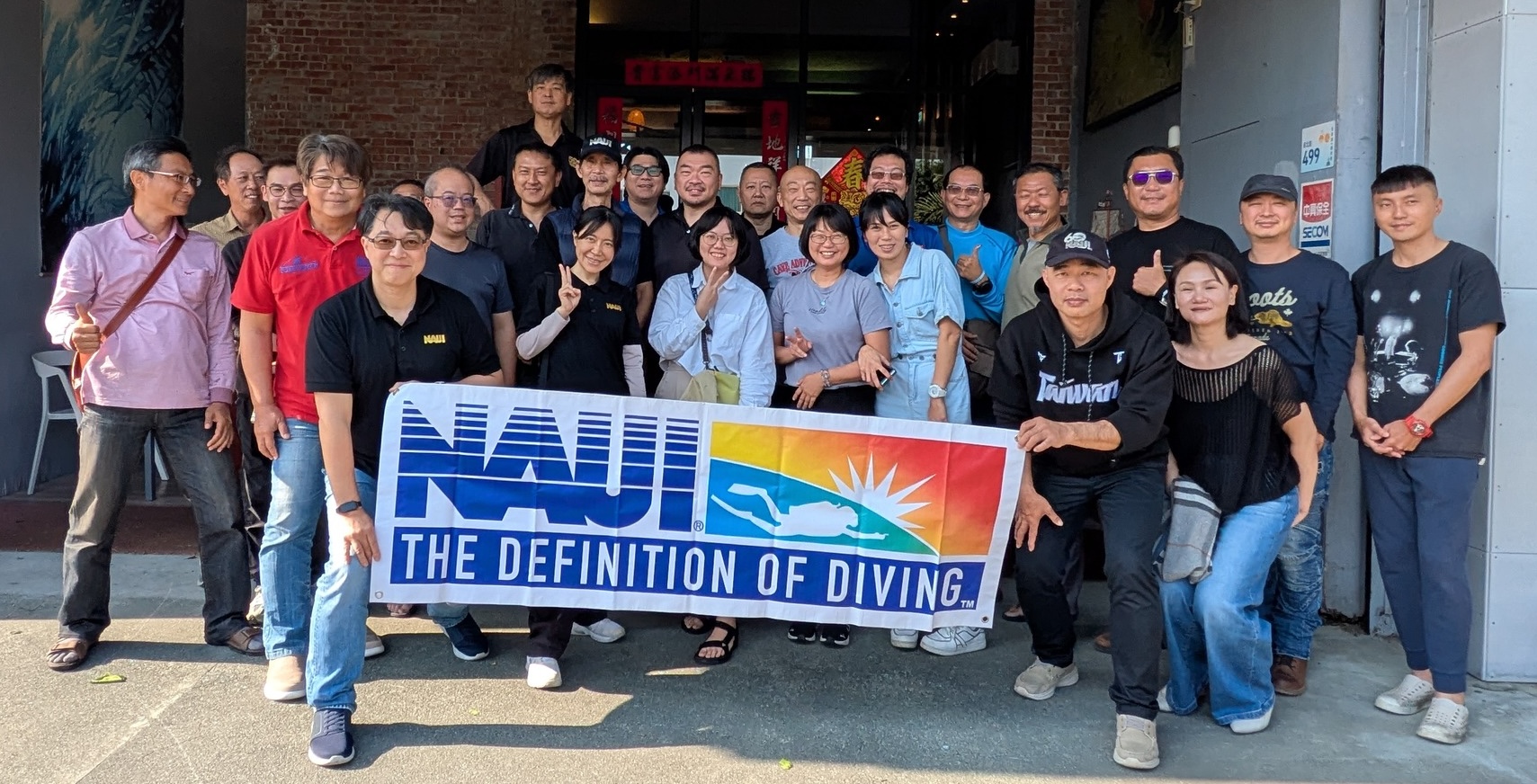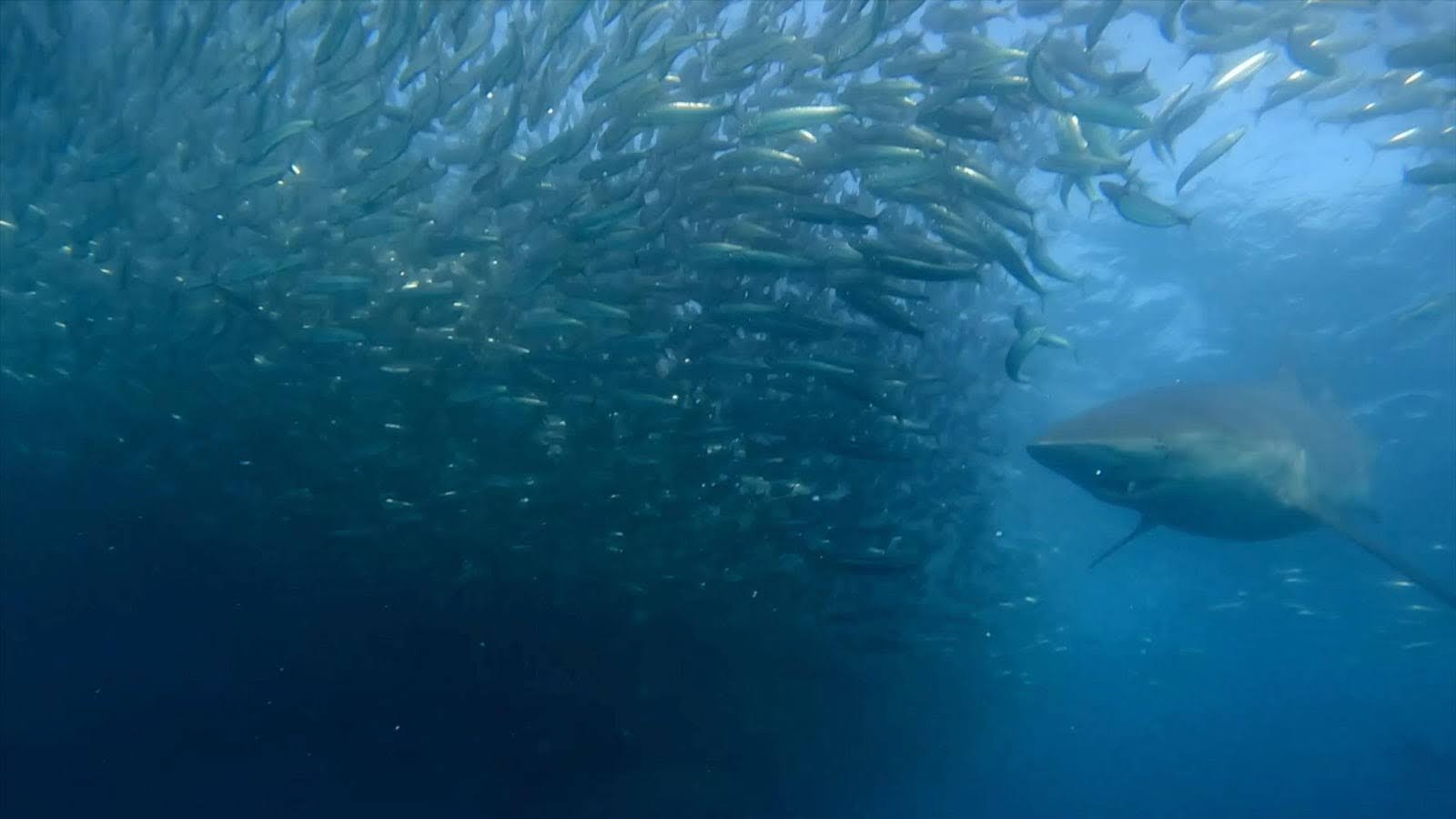Captain’s Log: January 5th 2022
Location: Cap Verde Islands, Island of Sal, Palmeira
As we passed the date from Dec 31st 2021 to Jan 1st 2022, entering a new year, this also means setting new goals and in our case, a new dive area to explore. Looking at the ocean maps that we use for navigation onboard, we can study the coastline and have a serious estimation how the underwater geography looks like. However nothing is better and more satisfying than taking a look underwater ourselves to find out what lives and breathes down there.
Our first dives in 2022, are planned outside the breakwater wall of the bay of Palmeira. A small shallow reef is seen on the ocean maps and so we are ready to explore. As we set off on this first 2022 dive, we have no expectations and are ready for everything. Armed with our Paralenz Vaquita underwater videocamera, we find a visibility of 10-15mtr (30-45ft) and take some video-footage. Our first impressions: a lot of fish, both in amount and variety, average size up to 15cm (5 inches). On our first dives, we did not spot any larger species of fish or other marine creatures.
Next on the list is a dive alongside the outer wall of the island.
This wall drops down from the surface to -18mtr (54ft) and is nicely decorated with Yellow Tree coral and Yellow encrusting Anemone.
The view is both impressing and breathtaking
As we can not find a wreck “Yellow Submarine” is still unappointed for!
Remarkably, we can see that the outer wall gives way at the vertical ending near the bottom by having larger sections cut out, creating sea caves. By our experience, diving multiple sea caves in the Red Sea as well as in Mexico (Cozumel) and the Philippines, sea caves are always nice to explore and often the habitat for turtles and larger ocean creatures to seek shelter in.
As we explore the daylight accessible parts of these sea caves, we are impressed by the size of the multiple caves we encounter. Time to head back to SY Blowing Bubbles and get our cave dive gear out and prepare for some more serious cave diving!
Once finished setting up our gear for some more in-depth cave exploration, we return to the outer wall and start exploring the deeper parts of the caves.
All caves are located at the same depth, starting around 18mtr and staying almost horizontal. Some caves go as deep as 200mtr inland; quite worthy of the exploration. Several passages, hallways and chambers give living space to multiple inhabitants, some permanent, other just seeking shelter for the day or rather the night. The more we explore the caves, the more we get impressed by the size of the long stretch of coastline filled with caves. In total we explore 2500 metres of coastline filled with sea caves. The outer parts of the caves, bordering the open water (and catching some daylight) are beautifully decorated with corals, sponges and anemones. The inner parts are often filled with larger groups of fishes, many of them Monrovia Doctorfish. In the smaller parts of the caves, there will always be a Long-Spine Porcupine looking out its big eyes, a marvellous encounter, again and again.
This all must be heaven for cavern and cave divers?
What is the difference between cavern and cave… do you know?
As NAUI professionals, you have direct access to our S&P manual and so, please access it and send me an e-mail with the answer: ue.se1743731604lbbub1743731604gniwo1743731604lb@of1743731604ni1743731604
From all the correct answers that I will receive, I will make sure that some of you will be rewarded with a nice reward… We are taking this story to a higher level! (*)
After 3 weeks of exploring, we identified a total of 18 different caves alongside the outer wall between Palmeira and Buracona. At Buracona, even one cave ends up in a ‘moon pool’, a pool of water accessible from the surface, so the sunlight (or moonlight) can enter from the surface, lighting up the tunnel from the other side! But as we did not have the possibility to cover all the distance between these 2 places (5500 metres in total), we are sure that there will be 25+ more sea caves waiting to be explored!
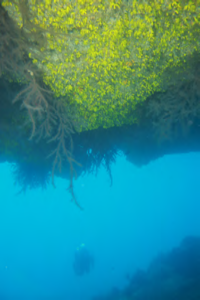
And you know what is a super positive point about Cabo Verde: the sun shines 355 days a year and the average temperature is 24-26°C, water temperature 22-24°C, making it all together a great place to live and scuba dive!
So, looking for a new place to settle down or start a career in scuba diving? This place has so much potential, that you will love it!
(*) when following our SY Blowing Bubbles Blog/articles within Sources, you will learn and find out about new things, like competitions opening up, gaining more teaching techniques, learning about marketing and travel possibilities, to improve your skills being a NAUI Professional or even the possibility to set up a new business.
